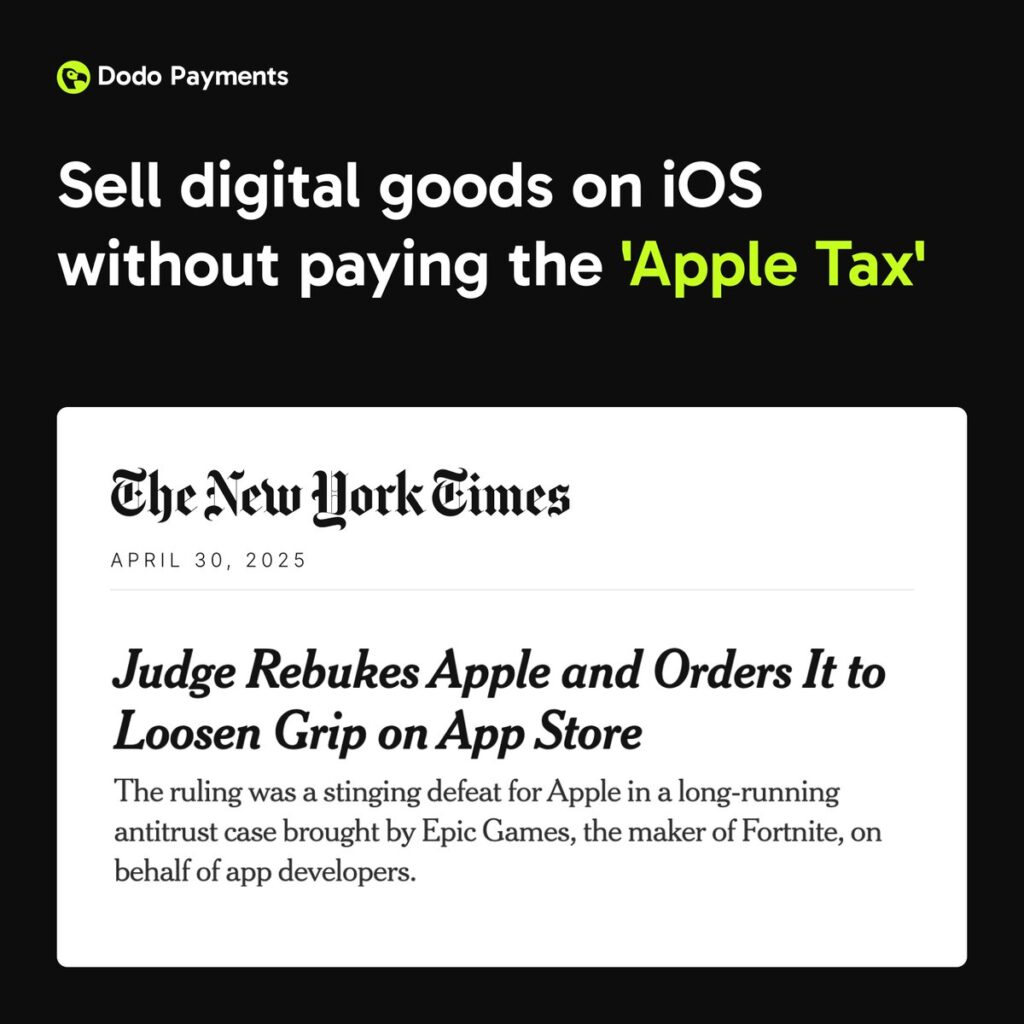Apple Drops 30% ’Tax’ on Crypto Apps—Developers and Users Win Big
In a move that sent shockwaves through fintech, Apple quietly axed its notorious 30% App Store commission for cryptocurrency transactions. The policy shift—buried in a developer update—effectively ends years of crypto apps either eating the cost or passing it to users.
Why now? Pressure from regulators, defections to web3 alternatives, and let’s be honest—Apple finally realized even their reality distortion field couldn’t justify skimming a third of every Bitcoin pizza purchase.
The fallout? Immediate relief for apps like MetaMask and Exodus, plus a potential gold rush as DeFi projects flood back to iOS. Just don’t expect Tim Cook to start shilling shitcoins at the next keynote.
Will Prices Lower As Apple Waives 30% Cut?
For crypto apps, the impact is immediate and transformative.
Platforms like Coinbase Wallet, Magic Eden, and a host of Web3 games can now enable direct sales of NFTs, tokens, and other digital assets through external websites-without platform-imposed restrictions or fees. Previously, many crypto apps had to strip out essential features or avoid the App Store altogether to sidestep Apple’s commission, resulting in a fragmented and frustrating user experience.
After the ruling, many companies jumped to lower their prices.
“Apple was just found guilty of violating a federal injunction to protect its illegal monopoly. They lied under oath. They ignored court orders. All due to corporate greed to impose a 30% tax that you ultimately pay. No Apple tax means we will lower prices for users by up to 30%,” said Proton privacy.
Meanwhile, Dodo payments said, “With Dodo Payments, you can sell digital goods on your iOS App without giving up 20–30% of your revenue to Apple. No more platform lock-ins. No more hefty commissions. Just smooth, global payments fully in your control. Keep more of what you earn. Build freely. Dodo Payments makes it possible.”

9 High-Risk High-Reward Cryptos for 2025
Key Takeaways
-
The court’s decision, delivered after years of legal battles led by Epic Games (the maker of Fortnite), found Apple’s anti-steering policies to be anti-competitive.
-
NFT marketplace Magic Eden, which once had to remove core features from its iOS app, can now sell assets directly, instantly enhancing both revenue potential and user experience.

